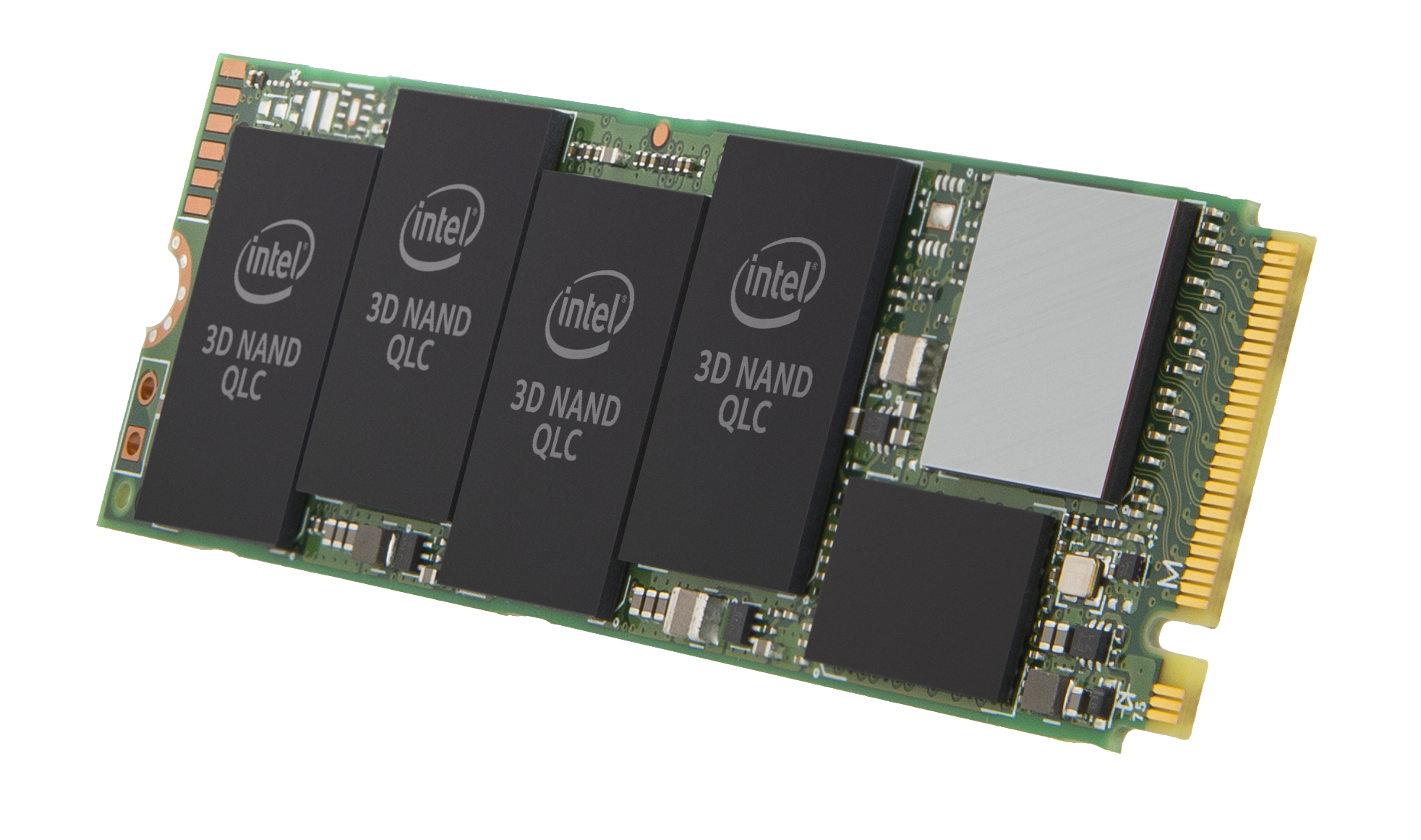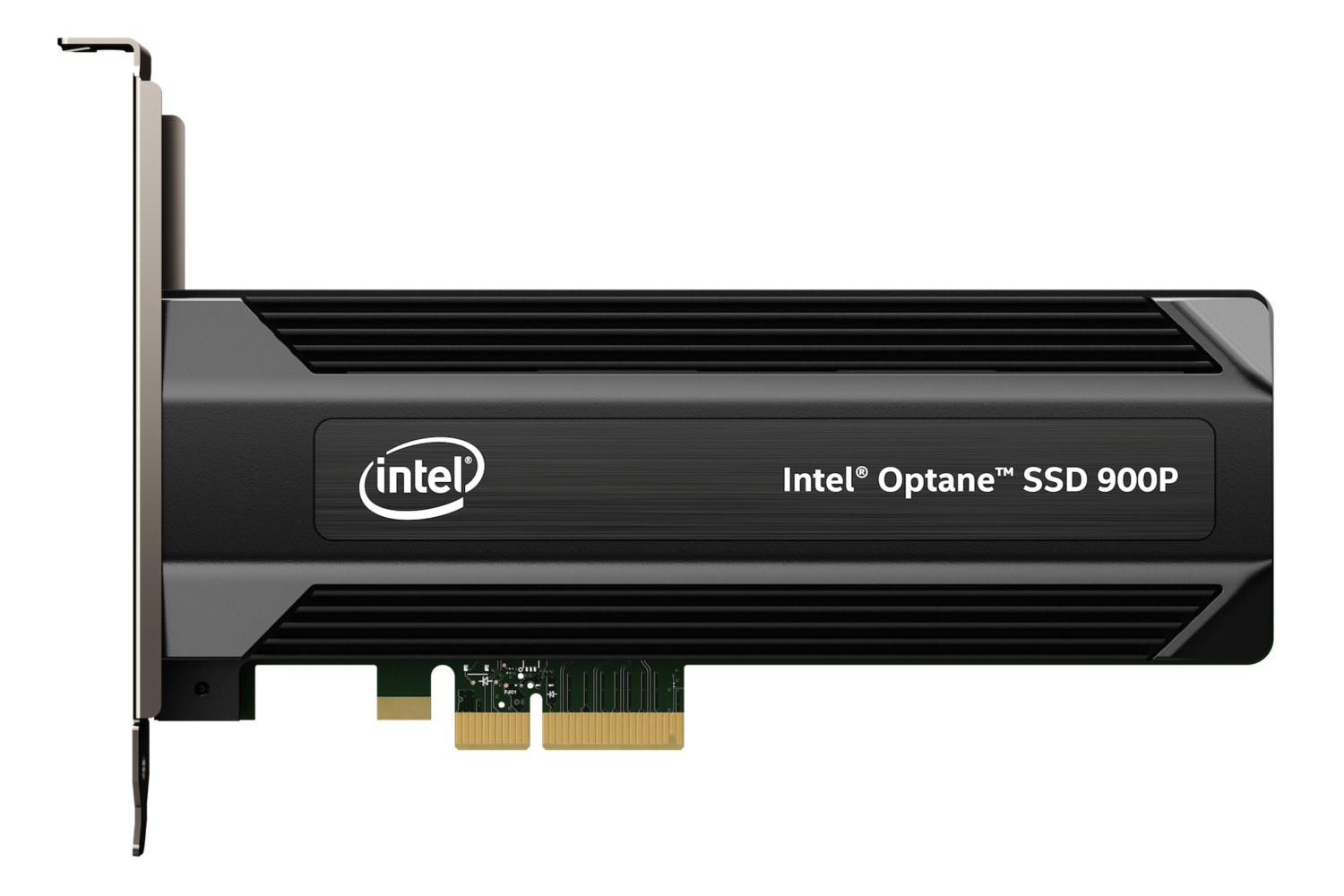Apple M3 and M3 Pro Performance Analysis: Should Intel, AMD, and Qualcomm be worried?
/This launch is made even more interesting due to the pending onslaught of competition coming the PC space from Intel, AMD, and Qualcomm. Only days prior to the Apple announcement, Qualcomm had shown the Snapdragon X Elite SoC that will come in 2024, making some significant claims of performance relative to the best from its rivals. Heading out to my local retailer on Tuesday I picked up a pair of the new MacBook Pro laptops to do some testing and get a feel for how well these new devices compare to other systems powered by Intel and AMD, as well as my own M1 Pro-based MacBook Pro.
Read More










